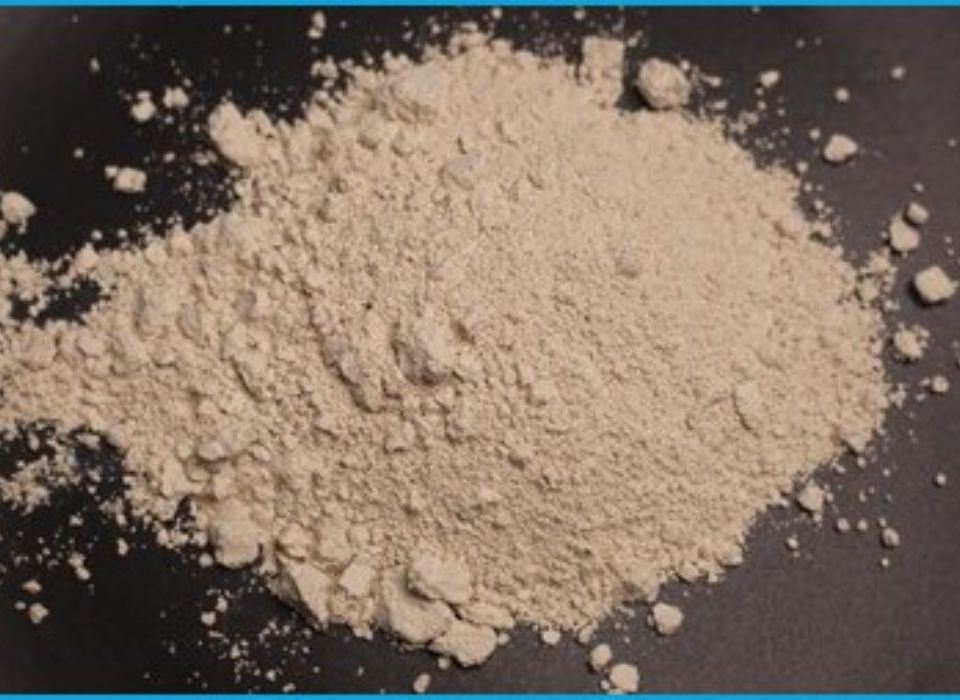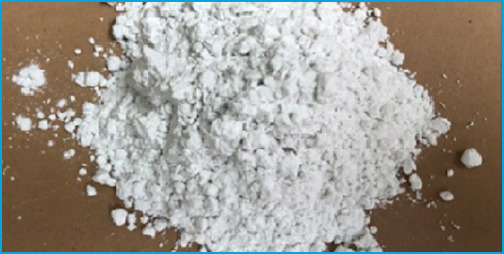Unveiling the Wonders of Kieselguhr
December 11, 2023
The Power of Pharmaceutical-Grade Bentonite Clay in India
December 25, 2023Introduction
In the world of gardening and farming, there's a secret hero that doesn't get as much attention as nitrogen, phosphorus, or potassium. It's silicon – a vital element that plays a significant role in plant health. Silicon Fertilizer might not be as famous as other fertilizers, but they are equally important for nurturing robust and healthy plants.What exactly is silicon, and why is it essential for plants?
Silicon is the second most abundant element in the Earth's crust, and it's naturally present in soil in the form of silicon dioxide. Plants absorb silicon from the soil through their roots, using it to strengthen their cell walls and boost their immune systems. Essentially, it acts as a protective shield for plants, making them more resilient to various stresses.
The benefits of using silicon fertilizers:
1. Increased Disease Resistance
Just like how we take vitamins to stay healthy, plants need essential nutrients to fend off diseases. Silicon serves as a natural defense mechanism for plants, making them more resistant to fungal diseases like powdery mildew and diseases caused by certain bacteria. When plants have sufficient silicon, they build stronger cell walls that are harder for pathogens to penetrate.
2. Improved Stress Tolerance
Plants, like us, experience stress. This stress can come from various sources such as extreme weather conditions, pests, or even pollution. Silicon helps plants cope with these stresses by fortifying their cell walls. This makes them more resistant to drought, heat, and even insect attacks.
3. Enhanced Nutrient Uptake
When plants have a healthy root system, they can absorb nutrients more effectively. Silicon contributes to root development, allowing plants to take in water and nutrients more efficiently. This means better growth and overall health for your plants.
4. Increased Yield and Quality
By bolstering plant defenses and improving nutrient uptake, silicon fertilizers can lead to increased crop yields. Not only does this benefit farmers in terms of quantity, but it also enhances the quality of the produce. Plants grown with sufficient silicon tend to have better texture, taste, and shelf life.
5. Environmental Benefits
Silicon fertilizers can have positive effects on the environment too. They reduce the need for chemical pesticides and fungicides, promoting more sustainable farming practices. Moreover, stronger, healthier plants contribute to better soil quality over time.
6. Support for Different Plant Types
Silicon isn't selective—it benefits a wide range of plants, from delicate flowers to robust crops. Whether you're nurturing roses in your backyard or cultivating rice in fields, silicon's protective properties remain consistent across various plant species. This universality makes it a versatile solution for anyone looking to fortify their plants against diseases and stress factors, regardless of the type of plants they're growing. Incorporating silicon fertilizers into your gardening practices can create a shield of defense, fostering healthier, more vibrant plant life throughout your garden or farm.
How can you make use of silicon fertilizers in your garden?
Silicon is naturally present in most soils, but sometimes, adding supplemental silicon can be beneficial, especially in areas where the natural silicon levels are low. There are various forms of silicon fertilizers available, including soluble powders and liquid formulations. These can be easily applied by mixing them with water and then watering your plants.
Conclusion
In conclusion, the role of silicon in promoting plant health and resilience cannot be overstated. Incorporating silicon fertilizers into your gardening routine, particularly those offered by companies like Seema Minerals, can significantly benefit your plants. By strengthening cell walls, enhancing disease resistance, and improving stress tolerance, silicon fertilizers pave the way for healthier, more robust plants. Remember to adhere to recommended application rates and guidelines to maximize the benefits without overwhelming your plants. With Seema Minerals’ range of silicon fertilizers, you can nurture a thriving garden that flourishes season after season.



